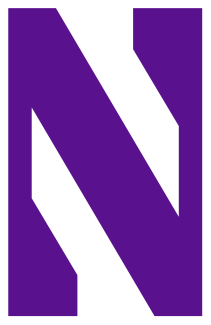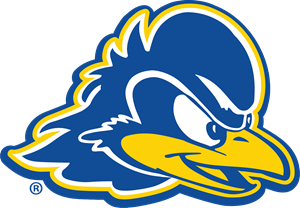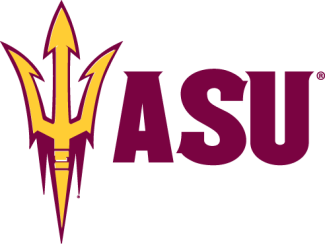Hoeg feels fortunate that her long-terms plans won’t be changing too much if she gets an extra year of eligibility. She was planning on teaching during a gap year, but would put that off for another year at UNC before starting dental school in the fall of 2021.
“It will be an incredibly individual decision,” Heppel said. “We as administrators in college athletics owe it to them to give them the complete information and then let them make the decisions that are best for them. That’s the goal in trying to make these decisions Monday, to provide a level of transparency in information to student-athletes. They’re smart young men and women. They’ll make the right decision for them.”
Hoeg said that three of the seven current UNC seniors are considering more seriously returning if given the chance, which is in line with estimates of 25 to 50 percent of seniors who might return. There is a narrow timeline to consider for many.
“Our kids start to register for classes at the end of this week,” Reese said. “They’re already registering for next fall. You’ve got some seniors set to graduate in May. If they have the opportunity to maybe double major or change their course — maybe they apply to grad school — we don’t know what’s in the cards until the NCAA gives us some direction.”
Every action will incur consequences and adjustments. One concern is how eligibility relief for current players would influence incoming freshmen next year.
“There’s no question those kids are affected,” Corrigan said. “That’s one of the things the NCAA failed to take into account. If what you’re trying to do is take the senior student-athletes from the spring sports, what about the incoming freshman student-athletes? They had their senior year in high school affected, and now you’re going to affect their freshman year in college. So didn’t you really just shift what you’re trying to eliminate from one group to another?”
There are concerns at all college levels. Hoeg is on scholarship to North Carolina, but that’s not an option for Division III and club players. Defending WCLA champion Pittsburgh has 10 seniors on a team that went unbeaten in 2019 and was 7-0 to start this season.
“They’re not going to put their life on hold so they can get another shot,” Pitt coach Kevin Tidgewell said. “We talked about trying to get this team together and doing Lake Placid or doing Vail in the summer. We said we didn’t get to go to Nationals, but let’s get everyone together for one of the big lacrosse tournaments and bring everyone back and let the seniors have their last game on the field together. That’s the thing that sucks the most. They played their last game together, but they didn’t know it.”
It’s the same scenario for defending MCLA champion South Carolina. The Gamecocks also have 10 seniors, and coach James Harkey only foresees one of them, Hank Chastain, playing again for the team next year even though the MCLA already said it will grant players another year of eligibility regardless of the NCAA decision. Chastain transferred in and has some school left to complete. Graduate students can compete in MCLA if they have not played four years of a college sport.
“For us, where guys are paying their own way to play, it doesn’t make a lot of sense to incur additional costs if you weren’t already planning on it,” Harkey said. “I hope some guys, if they have the opportunity and choose to go to grad school, explore the possibility of using that extra year if it’s a possibility for them.”
It’s a waiting game for now, but there is a light at the end of the tunnel. The NCAA Division I Council meeting Monday aims to make clearer the next steps ahead.
“The hardest part about this conversation with each of these guys is I don’t know what the answers are going to be and I don’t know when we’re going to know those answers,” Milliman said. “There’s very little to talk to our guys about except we will support you with whatever we’re able to do. I will work as hard as can to get you what you deserve as a member of this program, and every single guy in our program deserves to have that experience.”
Monday’s decision could have far-reaching effects over the next four seasons at a minimum. Student-athletes, coaches, institutions and conferences are waiting to see how it plays out.
“Right now, this is still my dream and we’re going to make it work and everything will happen the way it’s supposed to,” Hoeg said. “But there are so many unknowns.


























































